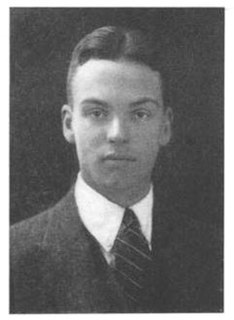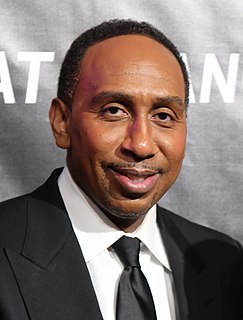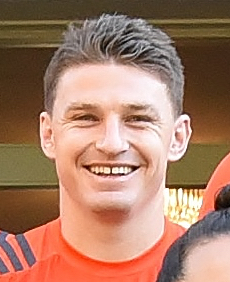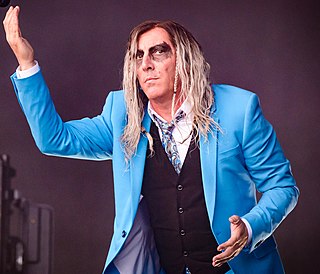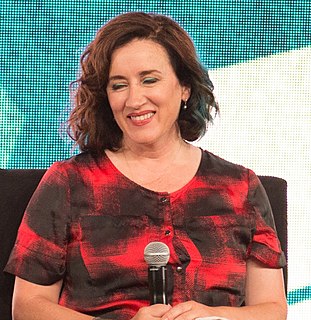A Quote by Robert M. Hutchins
When we listen to the radio, look at television and read the newspapers we wonder whether universal education has been the great boon that its supporters have always claimed it would be.
Related Quotes
When you think about advertising, it's understanding that whether it's newspaper, radio, or television, you have to know how to advertise, how to market, because ultimately, everything comes down to ratings and revenue or ratings and subscribers and revenue, whether it's newspapers or radio or television.
The most important thing in all human relationships is conversation, but people don’t talk anymore, they don’t sit down to talk and listen. They go to the theater, the cinema, watch television, listen to the radio, read books, but they almost never talk. If we want to change the world, we have to go back to a time when warriors would gather around a fire and tell stories.
I always loved music and would listen to the radio and watch out for new stuff. When I was about nine or ten, I would go around to me friend's house on a Sunday when the top twenty was broadcast on the radio at 6 P.M., and we would tape it on a cassette, and then we would take turns in sharing it over the next week.
